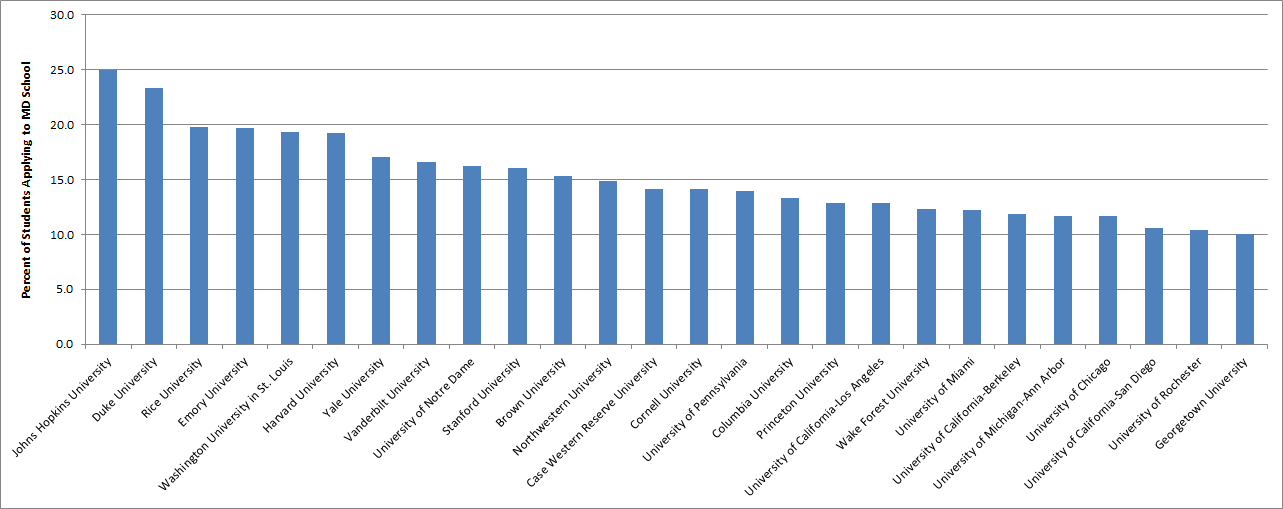I would direct people to my signature where I detail my experiences at an Ivy competing with some very smart people.
The tests at my school were much harder than those at schools my friends went to in Virginia (maybe UVA was comparable - never saw any of their tests).
In addition to that, the average Yale student (
not saying this is where I went) is more motivated than the average JMU student, which serves to increase the competition. For more info, see my sig - I don't want to type it all out again, sorry. Disclaimer: just my experience and my opinion. People such as
@ZedsDed have found things they disagree with in it, so take it with a grain of salt in that n=1, but I feel like it might be a valuable thing to look at.
And at the person who was talking about percentiles, as
@efle pointed out, percentiles are directly tied to the performance of your classmates, so yes, you do still have to outcompete your peers for a specific grade.

